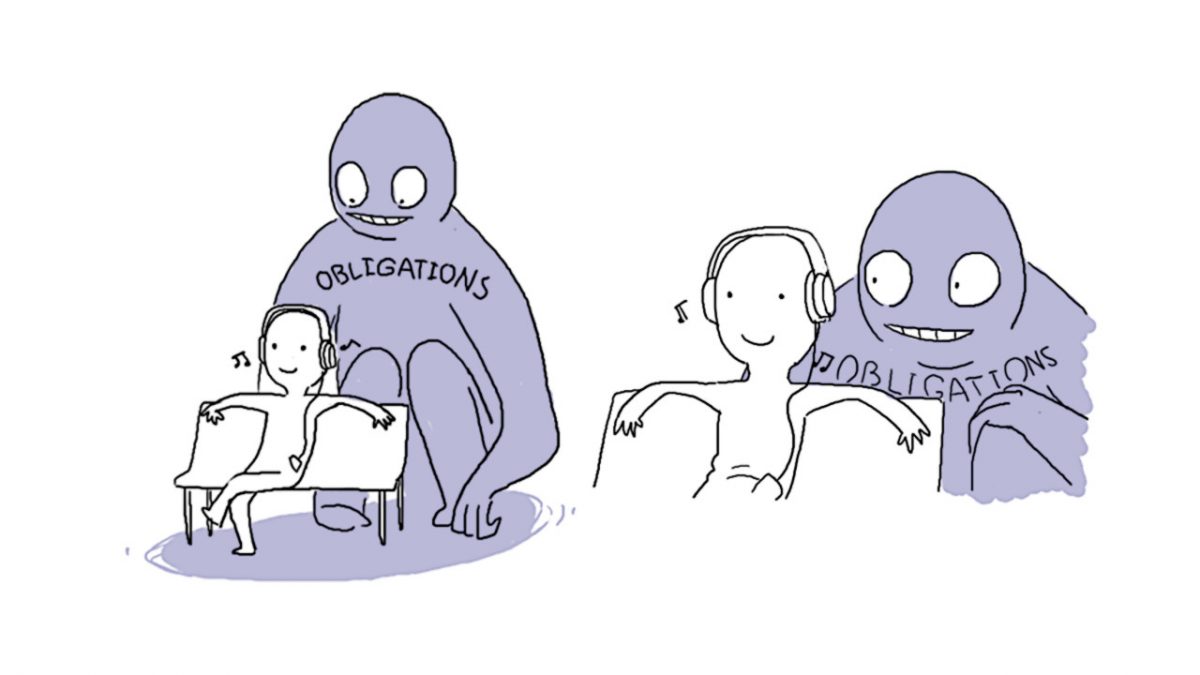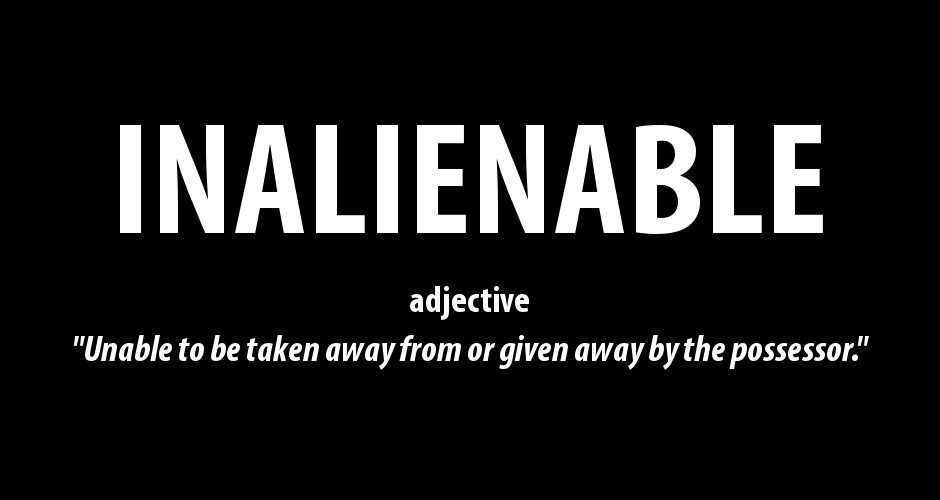Even among those who subscribe to the non-aggression principle (NAP), there are some who do not understand the nature of obligations, responsibility, and the inalienability of the will. While a thorough discussion of these issues could fill many volumes, it is my desire to provide a simple summary for those who desire an overview of the …





